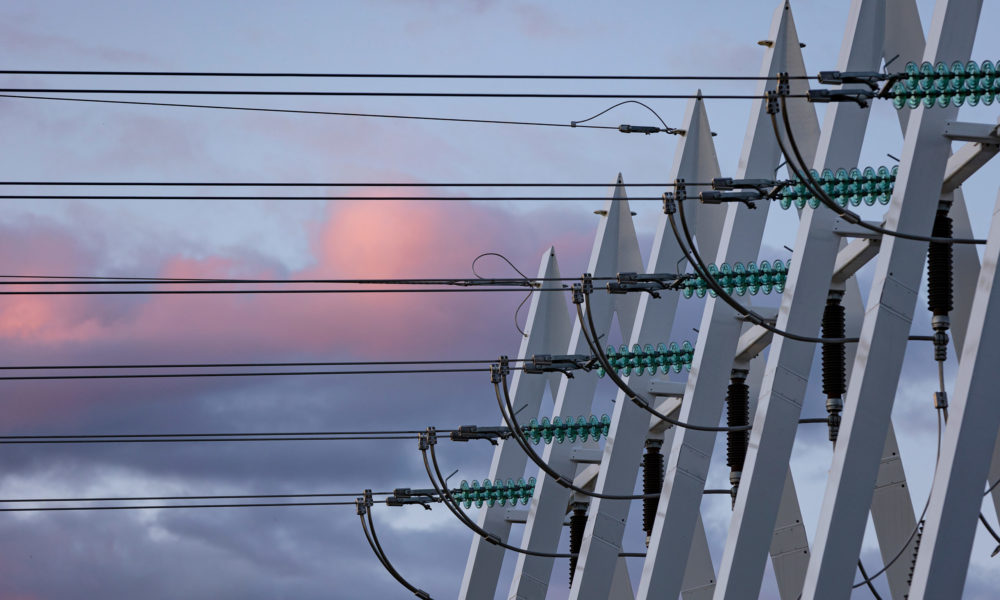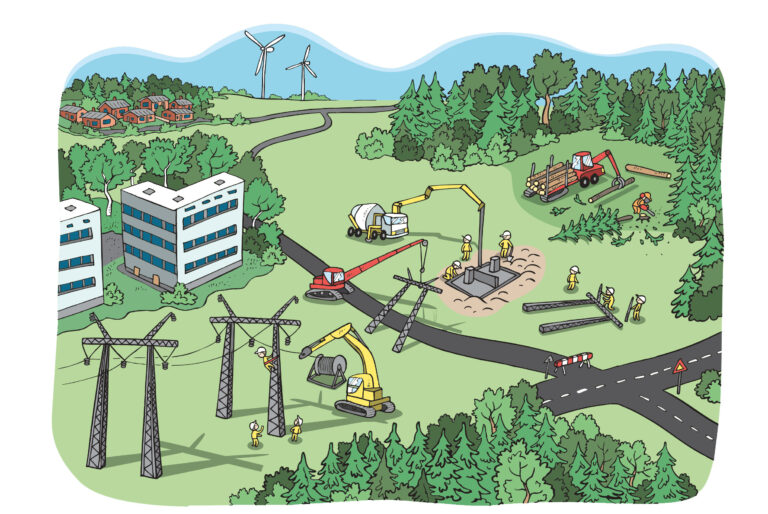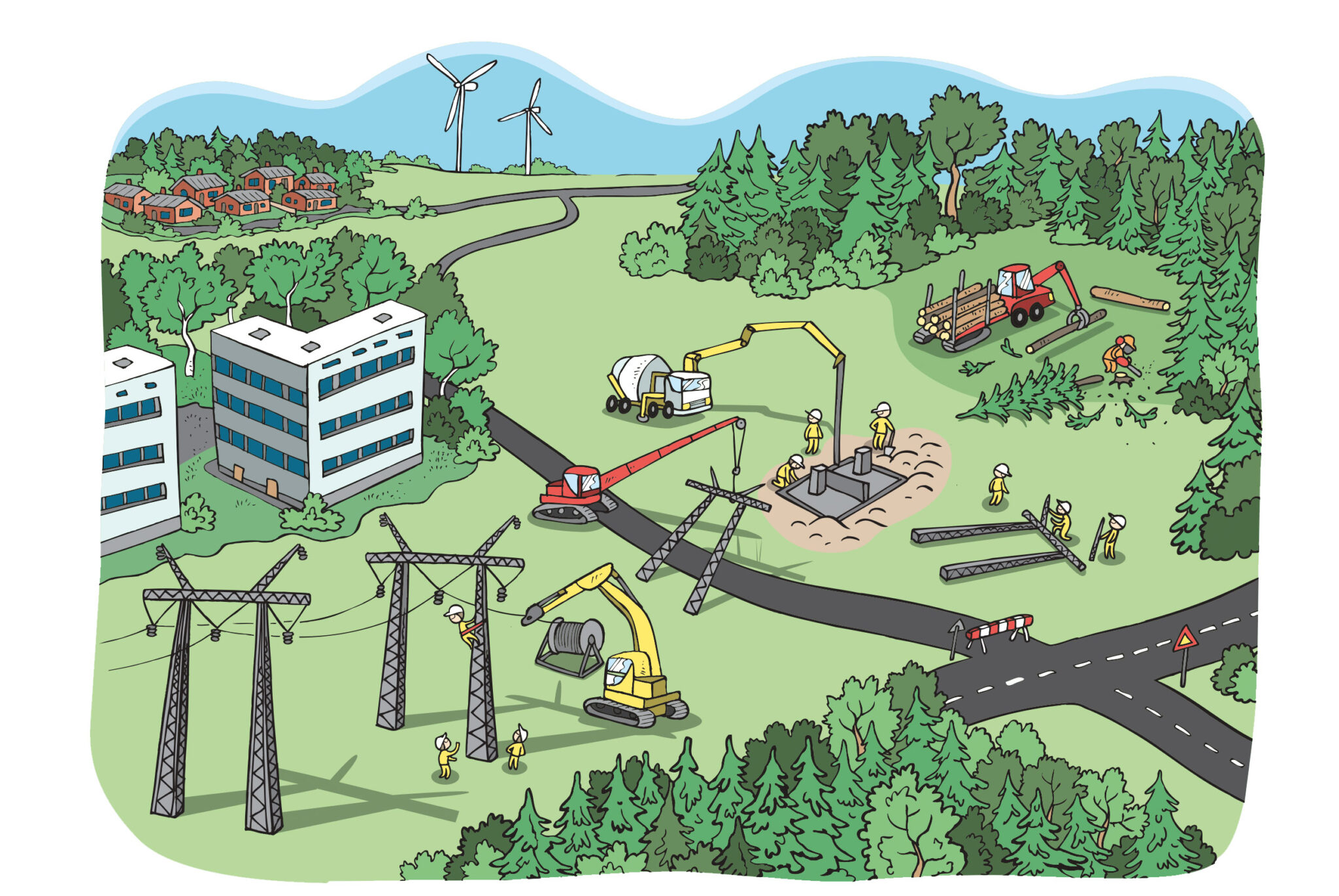“The certified system proves that the way we manage environmental matters at reserve power plants is systematic and target oriented. Now, customers will receive even more open information about reserve power plant operations and more accurate reporting on things such as emissions,” says Specialist Maija Nurmi from Fingrid.
For Fingrid, the introduction of the environmental certificate is a novelty, even though the company met most of the requirements of the system a long time ago. Normally, reserve power plants are in minimal use, but a significant amount of fuels is stored in the areas. In exceptional and emergency situations, their operation may have considerable impacts on the environment.
The most significant risks relating to environmental matters at reserve power plants involve environmental damage, such as fuel and oil leaks into the soil or water.
“Operations at reserve power plants have always been based on proactive operating methods through proactive maintenance, test runs, and plant renovations and development; this basic principle will not change. The certified system will increase this systematic approach: setting targets and monitoring their achievement with the help of indicators. In practice, people, such as plant maintenance providers, will receive even more systematic orientation and training for their work. All in all, communications between interest groups will also become stronger,” Nurmi continues.
Proactive approach at all stages
With the granting of the environmental system, Fingrid has confirmed two targets to be monitored for reserve power plants. The first target is to prevent any significant environmental damage, and the second to reduce environmental impacts. To achieve these targets, procedures to be implemented in the short and long term have been defined.
The environmental impacts of reserve power plants are managed through monitoring, inspections and safe operating methods. Accidents are being proactively prevented with various technical solutions, such as protective structures and monitoring equipment that detects leaks.
When reserve power plants are renovated, and when their structures are demolished or renewed, the structures and devices are recycled as efficiently as possible. Particular attention is paid to the appropriate processing of chemicals and hazardous waste and to the prevention of oil pollution.
“The introduction of the certificate will also increase communications and listening to interest groups. We will talk even more openly with landowners, neighbours, authorities and other interest groups to recognise their changing expectations. Awareness is increased on both sides,” Nurmi emphasises.
The external certification auditing of Fingrid’s ISO 14001 system was carried out in August-September.






